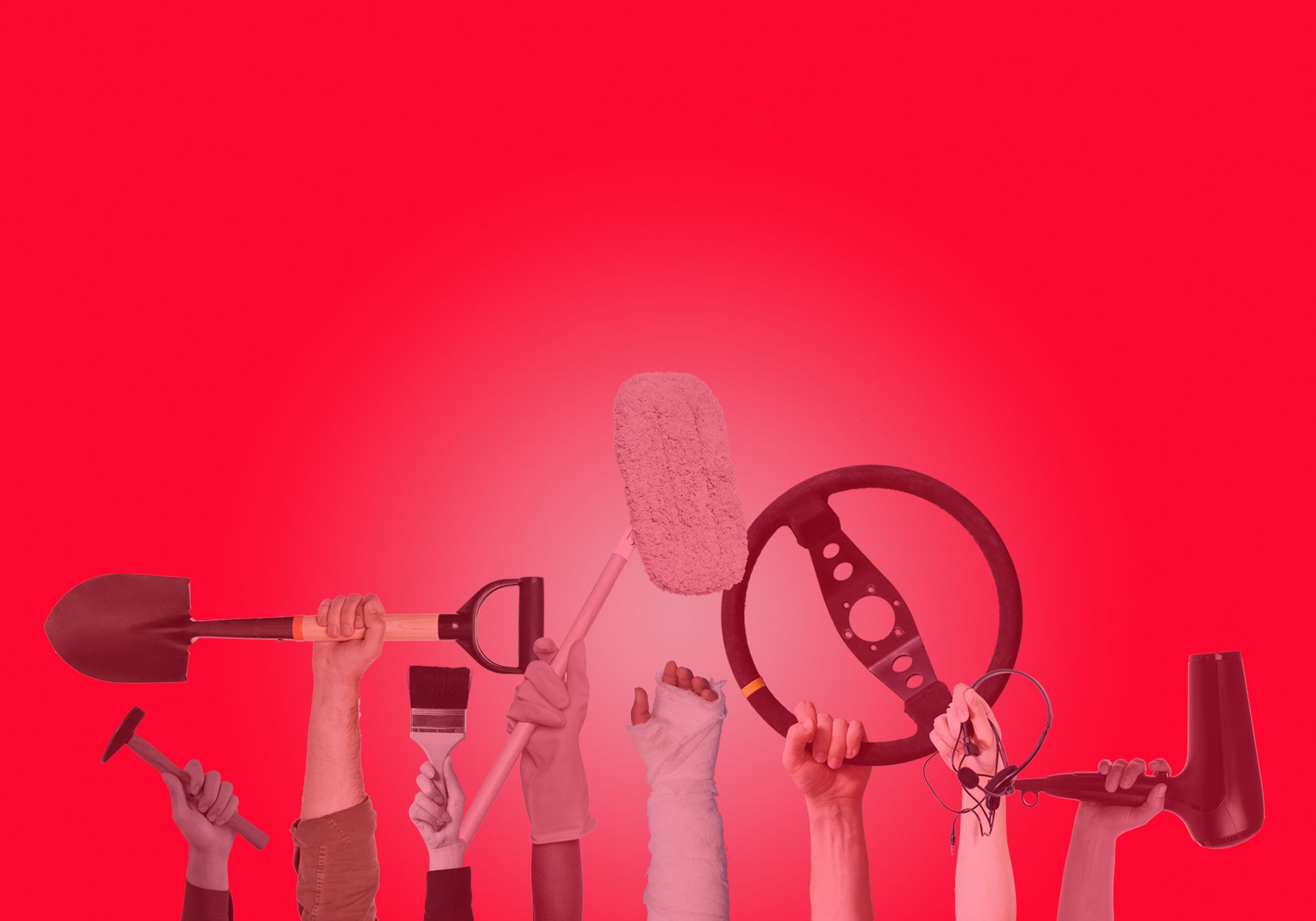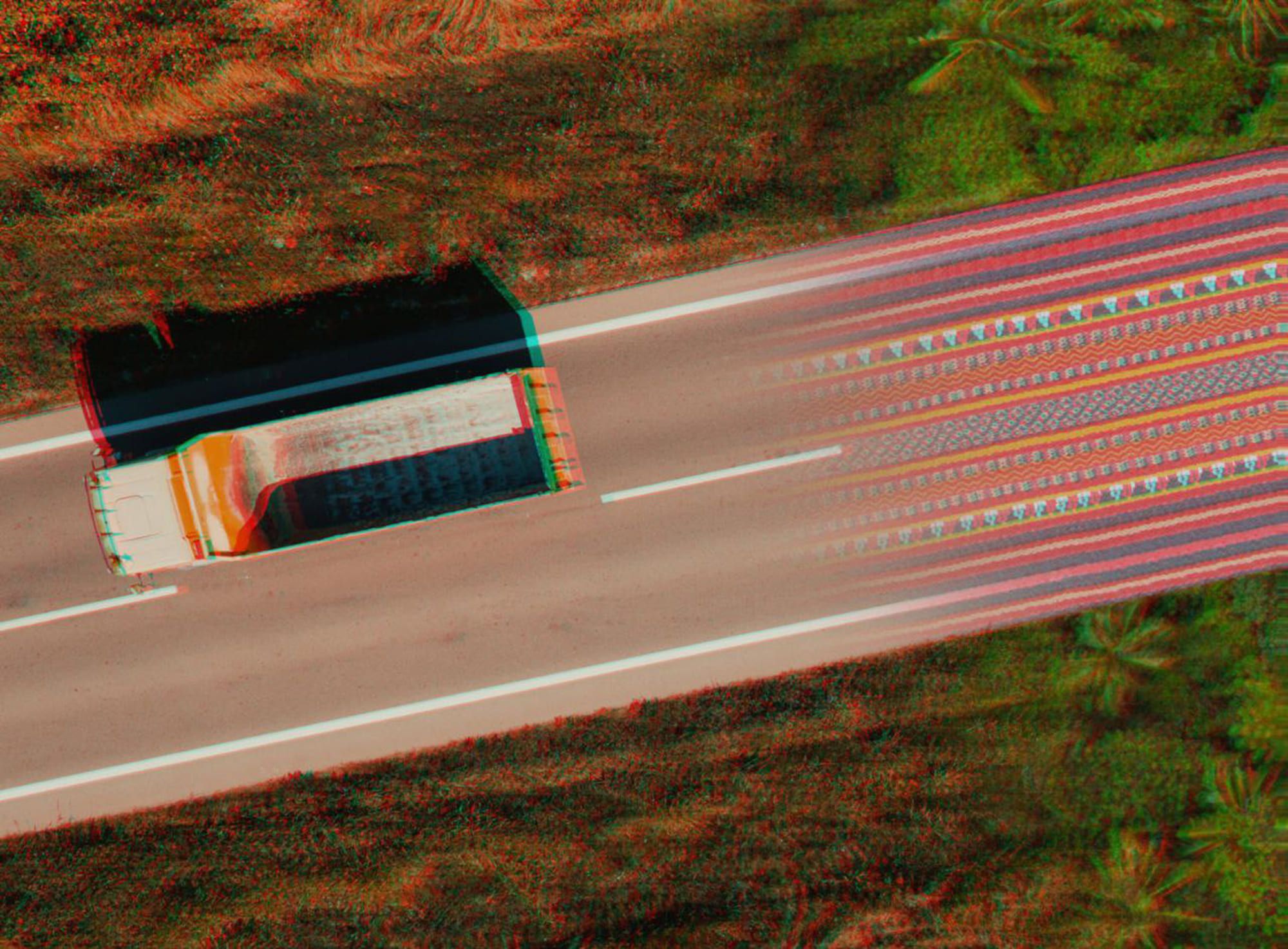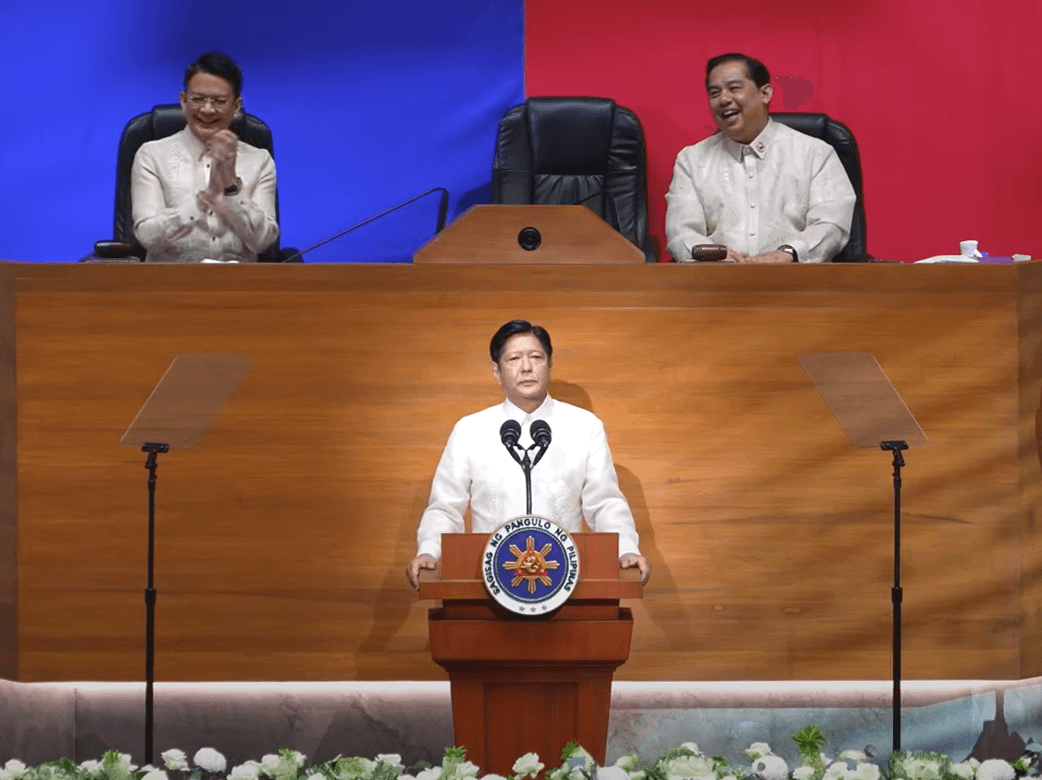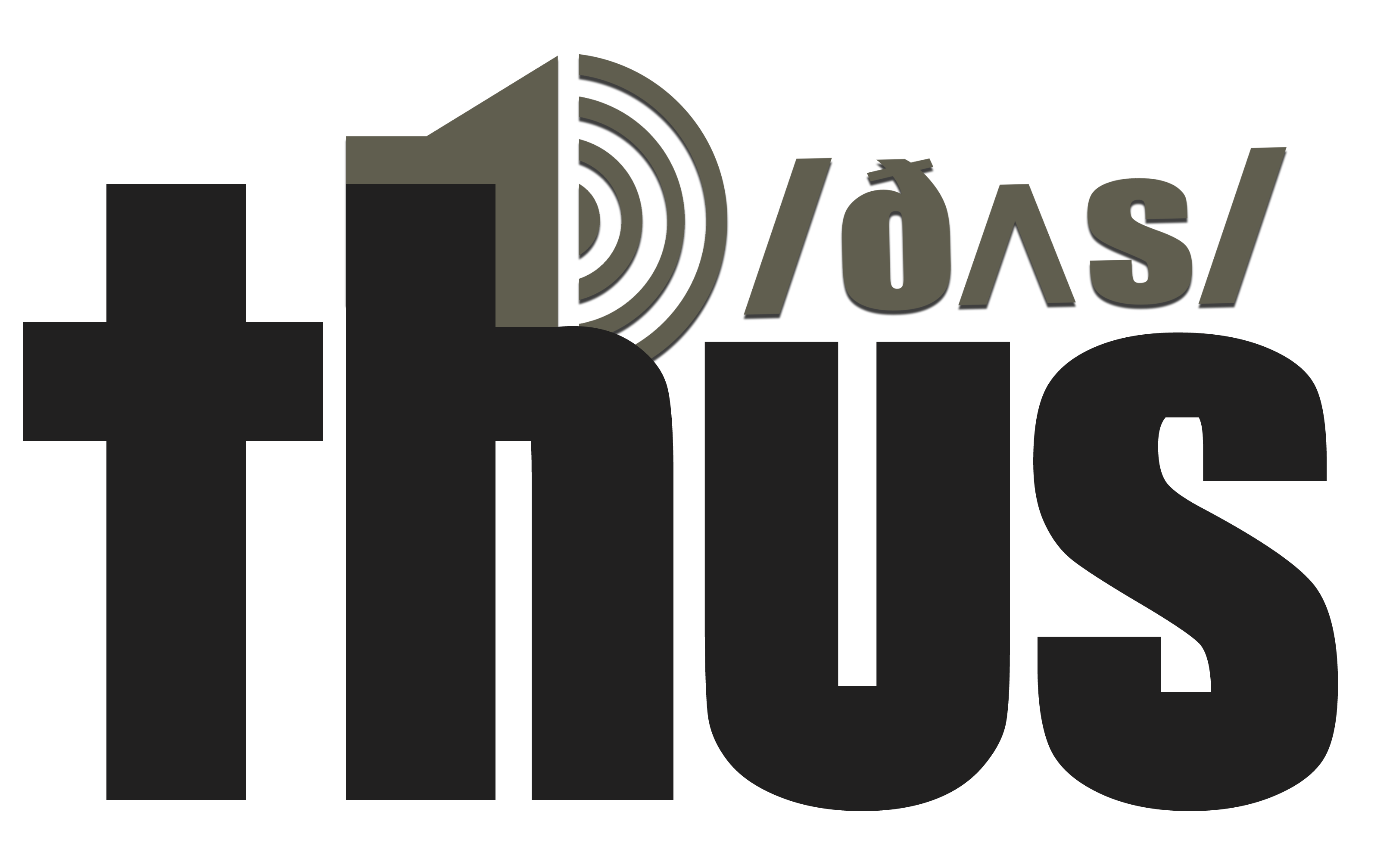![[object Object]](https://admin.thus.ph/uploads/wojak_bba67fbcc6.jpg)
The Work of Comedy In The Age of Soyjaks and Tiktok Vids
test

Allen Gumiran
2024-04-01T03:39:38.000Z
What is the role of comedy?
Like various forms of art, perhaps one can claim that it is self-evident: comedy is meant to entertain. Entertainment, however, tends to be also broad, and can mean different notions to people. To not meander and dance around this dilemma, I do conclude that comedy, akin to all forms of media, tend to have two schools of thought regarding it.
First is the role of media being the cultivator of taste. This first ascription is no-nonsense.Comedy can reflect the reigning tastes of the general public. There was moment where slapstick proliferated; so was the zenith of the careers of Bill Burr and Louis C.K. There was also an era where Jon Stewart’s The Daily Show was the only medium of its variety. Practically, all late-night hosts, at least in America, are mimeographed articles from the Daily Show.
The second school on the other hand, stresses the dissident position of comforting the disturbed,and disturbing the comfortable. If disinformation as they purport is worse now,it was miles behind the salacious libelles on the eve of the French Revolution.The libelles were pornographic materials distributed across 1700s France as pamphlets.
Especially popular in an age where literary is still quite limited, the crude drawings of sexual acts between the elites, serve as metaphors for the degeneracy and the incompetence of the figures of the day. The libelles gradually became more articulate on their attacks and by 1789, the monarchy is condemned as a whole, since prior to it, many still held faith that by eliminating a few bad apples can do the trick. The libelles cogently tapped into the public consciousness, and might even be considered as the precursor of setting the precedent towards the freedom of the press, and contempt for censorship.
These two schools of thought tend to clash, though one will not exist without the other. For comedy can embody a moment and serve as an instruction. From Aristophanes to “It’s Always Sunny in Philadelphia,” comedy neatly makes the crevices between the genteel and vulgar realms its home. I have a personal pet peeve that the denial of such crevices, or the inability to see it with an unfiltered lens, is what led comedy into the abyss as of this writing.
If one is cognizant of John Oliver, he became the representative of a self-satisfied and complacent television host. While his pieces resembling investigative documentaries still tend to be captivating from time to time, his humor on the other hand, is what we would refer to as “for cuckolds” too afraid to push the largely fake consensus on “mean words” and “taboo subjects.”
Why so? While the problem of political correctness has been overdone since the 90s, the problem of political correctness has more to do with its implications than with its intent. It is reasonable for example, to make an example of behaviors classified as overboard and downright insulting. Yet what political correctness made is a grim reminder that one’s personal and professional lives are more locked arm in arm now than it was ages past.
This is where political correctness rears its ugly head. It is none other than the gentrification of language and its affects. Its excesses have led to a stunted imagination and even a less genuine form of conveyance. It is akin to a garbage bag made out of gold. It shines from time to time, but it is still garbage. The more comedy became too serious and too self-aware, the more it seemed grating and impotent. It is for brownie points now.
The Awakening of the Shitpost
As formal comedy languishes under the heel of gentrified speech and HR departments for the lack of a better term, there is a period of wilderness. As formal comedy lost its edge and its point, the comedy scene under it, either gets a lot of edge, or alot of points. These comedy formats are distinguished by a metaphor in which they fully accept that their engagement with the medium is a knife fight through the mud.
The emergence ofthis comedy scene coincided with the 2008-2009 economic crash, and a revival of certain strains of politics once deemed as fringe and irrelevant. It is to thesurprise of no one that the alt-right and the dirtbag left spurted out fromthis context. Their transgressive and oftentimes confrontational tones, are responsible for many breakdowns and torments to their intended victims. Thistake no prisoners attitude, offers a strange feeling of liberation, in an agewhere the gag around one’s neck is deeply felt.
The adherents of both tendencies grew up in the shadow of the crash. Socially precarious and downwardly mobile, they find solace on shocking the bourgeoisie. Million DollarExtreme and Cumtown are the epitome of these formats: ironic antisemitism on the former, and ironic racism on the latter.
This is what we have been talking for a while about the sterility and the tackiness of comedy,which by itself is an embodiment of a social order that also possesses thesesame traits. It is therefore the most transgressive and the most chaotic that will thrive in the absence of a comedy or media in general that resonates withthe absurd and the surreal.
The caveat of these new radicals of course is that like the elements that they seek to rebel against, they have also been captured of the media’s deluded yet reasonable view as the arbiter of discourse. No offense to that sector, but it is still widely held that much of the tumult according to its employees, has to do with the “slobs” overpowering the “snobs.” A few will even openly refer to it as the reign of idiots.
What these earnest figures miss is that this degeneration is mostly a self-inflicted wound. Media now and then, when one is to retrospectively assess, is both night and day.Today’s media is a slave to horrendous soundbites, to algorithms and its donors.This was a far cry to the media of then, in which a degree of articulation andsophistication was still the order of the day. This was of course a consolationprice for the more propagandistic nature of the media then, specifically itsideological adherence (“Citizen Kane” clearly shows this, a movie nearing acentury old).
Perhaps thefalling rate of profit in economics is likewise applicable to mediainstitutions. As bureaucracy, stulted language and prevailing elitism havedominated these spaces, the expenses will have little to no time for new ideasor basic maintenance. Why conjure of new ideas when there is intellectualproperty that can be milked? Even the popularization of the term ‘content’indicates a grim orientation of media, of which its role as the trendsetter hasbeen overthrown.
21st Century Malady
It is a no brainerthat the things once took for granted are coming to pass. The trajectory of theglobe is getting more unhinged that even the creators of South Park admittedthat they have been beaten at their own game. It even feels that events whichare happening or will happen, has DNA from a South Park episode of a gag fromthe Simpsons
What is thereforethe aim of comedy, in a landscape where the funniest persons are those incharge? For all of Trump’s faults, it cannot be denied that his bits are funnierthan any late-night anchor. Even the media executives know this: to stoke theflame further, to be consumed by the culture war, is what keeps businessrunning as usual.
Memes have more or less aped comedy, to the point that comedians tend to reference memes. The hack Jimmy Kimmel, behind his soapbox, simply takes off his material from a bonkers Twitter thread. George Takei’s downward spiral is hilarious when you take into account that many figures in comedy, media and entertainment have the dreaded TrumpDerangement Syndrome.
And with Trump a strong contender for the elections this coming November 2024, the spectrum of triggering is once again haunting the pundits. Either way, it is a journey into nowhere. I hope that we can still see each other there. And when one thinks that Joker is amongst the funniest pieces of fiction to ever appear in the lastfive years, the clock is ticking loud.
Like various forms of art, perhaps one can claim that it is self-evident: comedy is meant to entertain. Entertainment, however, tends to be also broad, and can mean different notions to people. To not meander and dance around this dilemma, I do conclude that comedy, akin to all forms of media, tend to have two schools of thought regarding it.
First is the role of media being the cultivator of taste. This first ascription is no-nonsense.Comedy can reflect the reigning tastes of the general public. There was moment where slapstick proliferated; so was the zenith of the careers of Bill Burr and Louis C.K. There was also an era where Jon Stewart’s The Daily Show was the only medium of its variety. Practically, all late-night hosts, at least in America, are mimeographed articles from the Daily Show.
The second school on the other hand, stresses the dissident position of comforting the disturbed,and disturbing the comfortable. If disinformation as they purport is worse now,it was miles behind the salacious libelles on the eve of the French Revolution.The libelles were pornographic materials distributed across 1700s France as pamphlets.
Especially popular in an age where literary is still quite limited, the crude drawings of sexual acts between the elites, serve as metaphors for the degeneracy and the incompetence of the figures of the day. The libelles gradually became more articulate on their attacks and by 1789, the monarchy is condemned as a whole, since prior to it, many still held faith that by eliminating a few bad apples can do the trick. The libelles cogently tapped into the public consciousness, and might even be considered as the precursor of setting the precedent towards the freedom of the press, and contempt for censorship.
These two schools of thought tend to clash, though one will not exist without the other. For comedy can embody a moment and serve as an instruction. From Aristophanes to “It’s Always Sunny in Philadelphia,” comedy neatly makes the crevices between the genteel and vulgar realms its home. I have a personal pet peeve that the denial of such crevices, or the inability to see it with an unfiltered lens, is what led comedy into the abyss as of this writing.
If one is cognizant of John Oliver, he became the representative of a self-satisfied and complacent television host. While his pieces resembling investigative documentaries still tend to be captivating from time to time, his humor on the other hand, is what we would refer to as “for cuckolds” too afraid to push the largely fake consensus on “mean words” and “taboo subjects.”
Why so? While the problem of political correctness has been overdone since the 90s, the problem of political correctness has more to do with its implications than with its intent. It is reasonable for example, to make an example of behaviors classified as overboard and downright insulting. Yet what political correctness made is a grim reminder that one’s personal and professional lives are more locked arm in arm now than it was ages past.
This is where political correctness rears its ugly head. It is none other than the gentrification of language and its affects. Its excesses have led to a stunted imagination and even a less genuine form of conveyance. It is akin to a garbage bag made out of gold. It shines from time to time, but it is still garbage. The more comedy became too serious and too self-aware, the more it seemed grating and impotent. It is for brownie points now.
The Awakening of the Shitpost
As formal comedy languishes under the heel of gentrified speech and HR departments for the lack of a better term, there is a period of wilderness. As formal comedy lost its edge and its point, the comedy scene under it, either gets a lot of edge, or alot of points. These comedy formats are distinguished by a metaphor in which they fully accept that their engagement with the medium is a knife fight through the mud.
The emergence ofthis comedy scene coincided with the 2008-2009 economic crash, and a revival of certain strains of politics once deemed as fringe and irrelevant. It is to thesurprise of no one that the alt-right and the dirtbag left spurted out fromthis context. Their transgressive and oftentimes confrontational tones, are responsible for many breakdowns and torments to their intended victims. Thistake no prisoners attitude, offers a strange feeling of liberation, in an agewhere the gag around one’s neck is deeply felt.
The adherents of both tendencies grew up in the shadow of the crash. Socially precarious and downwardly mobile, they find solace on shocking the bourgeoisie. Million DollarExtreme and Cumtown are the epitome of these formats: ironic antisemitism on the former, and ironic racism on the latter.
This is what we have been talking for a while about the sterility and the tackiness of comedy,which by itself is an embodiment of a social order that also possesses thesesame traits. It is therefore the most transgressive and the most chaotic that will thrive in the absence of a comedy or media in general that resonates withthe absurd and the surreal.
The caveat of these new radicals of course is that like the elements that they seek to rebel against, they have also been captured of the media’s deluded yet reasonable view as the arbiter of discourse. No offense to that sector, but it is still widely held that much of the tumult according to its employees, has to do with the “slobs” overpowering the “snobs.” A few will even openly refer to it as the reign of idiots.
What these earnest figures miss is that this degeneration is mostly a self-inflicted wound. Media now and then, when one is to retrospectively assess, is both night and day.Today’s media is a slave to horrendous soundbites, to algorithms and its donors.This was a far cry to the media of then, in which a degree of articulation andsophistication was still the order of the day. This was of course a consolationprice for the more propagandistic nature of the media then, specifically itsideological adherence (“Citizen Kane” clearly shows this, a movie nearing acentury old).
Perhaps thefalling rate of profit in economics is likewise applicable to mediainstitutions. As bureaucracy, stulted language and prevailing elitism havedominated these spaces, the expenses will have little to no time for new ideasor basic maintenance. Why conjure of new ideas when there is intellectualproperty that can be milked? Even the popularization of the term ‘content’indicates a grim orientation of media, of which its role as the trendsetter hasbeen overthrown.
21st Century Malady
It is a no brainerthat the things once took for granted are coming to pass. The trajectory of theglobe is getting more unhinged that even the creators of South Park admittedthat they have been beaten at their own game. It even feels that events whichare happening or will happen, has DNA from a South Park episode of a gag fromthe Simpsons
What is thereforethe aim of comedy, in a landscape where the funniest persons are those incharge? For all of Trump’s faults, it cannot be denied that his bits are funnierthan any late-night anchor. Even the media executives know this: to stoke theflame further, to be consumed by the culture war, is what keeps businessrunning as usual.
Memes have more or less aped comedy, to the point that comedians tend to reference memes. The hack Jimmy Kimmel, behind his soapbox, simply takes off his material from a bonkers Twitter thread. George Takei’s downward spiral is hilarious when you take into account that many figures in comedy, media and entertainment have the dreaded TrumpDerangement Syndrome.
And with Trump a strong contender for the elections this coming November 2024, the spectrum of triggering is once again haunting the pundits. Either way, it is a journey into nowhere. I hope that we can still see each other there. And when one thinks that Joker is amongst the funniest pieces of fiction to ever appear in the lastfive years, the clock is ticking loud.
Recommended

Why Labor Agitation Resumes Operation
Allen Gumiran

The Work of Comedy In The Age of Soyjaks and Tiktok Vids
Allen Gumiran

Thank You, Ma. You Did Everything But I Realized You Needed Help
Corin B. Arenas

Paracelis Goes to Baguio
Quintin Pastrana

Some Truths That Will Set Filipinos Free
Allen Gumiran

The Road Warrior
Edmark Tan

“SCI-FI: Mythologies Transformed" by Women
Thus

How Powerful is the President Really?
Allen Gumiran
